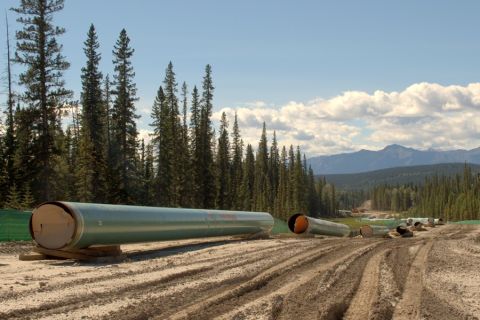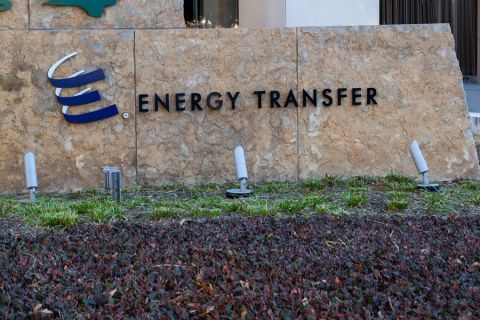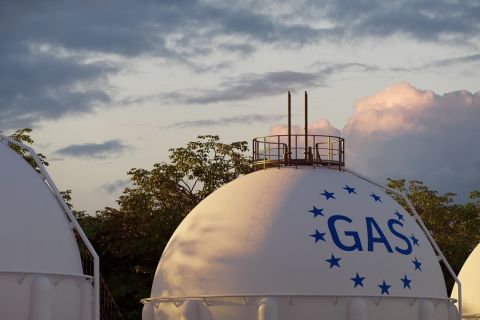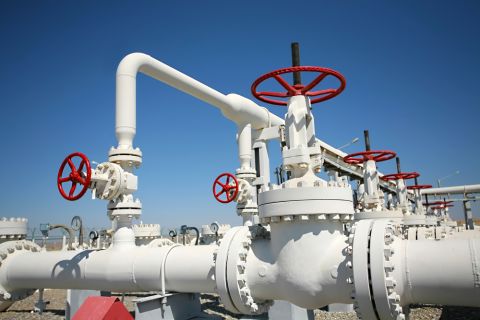
There's no question that shale technology has gas producers in Marcellus buzzing with optimism. Unconventional drilling has the potential to unleash a 100-year-supply of natural gas, many in the industry say, and such abundance could go a long way in reducing U.S. dependence on foreign energy sources.
But it's also clear that a significant number of people who live atop the Marcellus formation are concerned about water-supply safety, air quality and the disposal of fracing runoff.
The aspirations of the industry and the skepticism of the public are driving political opinion and regulatory action in Pennsylvania, New York and West Virginia. And with the divide comes a fundamental question: Are the two camps so hopelessly far apart that compromise is out of the question, or is coexistence possible?
According to panelists at Hart Energy's DUG (Developing Unconventional Gas) East conference on Nov. 16 in Pittsburgh, establishing a sense of harmony can be accomplished and will be a crucial part in moving gas development forward.
"What we've found is that this true renaissance in shale gas that the industry has been through during the past five years or so is truly amazing. Sometimes I worry that when we are trying to tell the story that it almost seems too good to be true. I think that's a challenge we face," said Ray Walker, Range Resource's senior vice president, Environment, Safety and Regulatory Compliance. Range Resources is an independent oil and gas company based in Fort Worth, Texas, that operates in the southwestern, midcontinent and Appalachian regions of the U.S.
Referring to industry claims that shale gas can be a game-changer for the nation's energy supply, Walker said, "Our opponents, and rightfully so, say none of that's worth it if you're going to poison our water or pollute our air. But considering what the industry has done during the last couple of years, there can be a balance with best practices and technologies."
Ted Wurfel, vice president, Environmental, Safety and Regulatory Affairs, for Texas-based Chief Gathering LLC, which has installed natural gas gathering pipeline and compressors in the Marcellus, thinks the industry and environmentalism can forge compromise because "natural gas is the cleanest fuel we can use. It's clean, it's available, it produces jobs and it's a domestic source of energy."
Not only can the industry and environmentalism coexist, they can cohabit, said John Carroll, a partner in the Harrisburg, Pa., office of Pepper Hamilton LLP and chairman of the firm's Environmental Practice Group.
"Industry can incorporate environmentalism not only as an ethic, but a rising force for their profession," he said. "We've come a long way from 'get er done' to 'do it right,' and I think 'do it right' is what the industry is doing today."
John Martin, founder of JP Martin Energy Strategy LLC, a consulting firm in Saratoga Springs, N.Y., has hope for a growing accord among industry and environmentalism, but he also points out that that shale gas development faces a major challenge in winning the public's confidence. He cited a joint Penn State-Cornell University study released in April that asked people in New York and Pennsylvania if they "greatly trust the industry." In Pennsylvania, 8% had that trust. In New York, it was 6%.
"It's extremely difficult for the industry to get the word out because there's a general distrust," he said.
Other Challenges In The Marcellus
But earning public trust is just one of the challenges that operators in the Marcellus face. One of the main regulatory hurdles that confronts the industry is river commissions, according to Carroll.
These commissions have the authority to regulate withdrawals and consumptive use of water, he said.
"The threshold for regulation is generally 100,000 gallons a day. When hydraulic fracturing in the conventional play came in, the need for water for the fracing obviously triggered the need to go to the commissions and receive approval for withdrawal. Also, because the flowback of frac water is less than 30%, there is considered to be a consumptive use of the 70%," Carroll said.
River commissions, which are more prevalent in the northeast, are a "regulatory card" that producers cannot escape, he added. "These are not federal agencies, not state agencies -- they are in between," he added.
The clout of the commissions is further enhanced by their ability to restrict, and even halt, drilling operations. Such has been the case with the Delaware River Basin Commission, which since 2010 has revised regulations and at one point directed that no natural gas development take place in the basin.
A challenge specific to Pennsylvania is dealing with more than 2,800 municipal governments -- about 1,800 of which are in the Marcellus -- that have authority over land use, Walker said.
Because Pennsylvania is a commonwealth, "most of those municipalities have control of a lot of things locally that you don’t see in a lot of other states," he said.
"The best analogy I can draw is that it's like having a Pennsylvania driver's license that is no longer valid across the state, and now you need 1,800 different driver's licenses. And even though every township wants you to drive in their township, they may have different rules that govern the way you can drive. We're experiencing that as an industry -- even in the towns that want us there," Walker said.
"One of the things that industry has worked extremely hard on during the last couple of years is to try to put in place some local reform. The idea is not to take control from anybody; it's to try to make the rules more uniform. What our industry craves is consistency and predictability. Working toward some sort of local uniformity is going to be key to the development of the Marcellus."
Contact the author, Mike Madere, at mmadere@hartenergy.com.
Recommended Reading
For Sale? Trans Mountain Pipeline Tentatively on the Market
2024-04-22 - Politics and tariffs may delay ownership transfer of the Trans Mountain Pipeline, which the Canadian government spent CA$34 billion to build.
Energy Transfer Announces Cash Distribution on Series I Units
2024-04-22 - Energy Transfer’s distribution will be payable May 15 to Series I unitholders of record by May 1.
Balticconnector Gas Pipeline Back in Operation After Damage
2024-04-22 - The Balticconnector subsea gas link between Estonia and Finland was severely damaged in October, hurting energy security and raising alarm bells in the wider region.
Wayangankar: Golden Era for US Natural Gas Storage – Version 2.0
2024-04-19 - While the current resurgence in gas storage is reminiscent of the 2000s —an era that saw ~400 Bcf of storage capacity additions — the market drivers providing the tailwinds today are drastically different from that cycle.
Ozark Gas Transmission’s Pipeline Supply Access Project in Service
2024-04-18 - Black Bear Transmission’s subsidiary Ozark Gas Transmission placed its supply access project in service on April 8, providing increased gas supply reliability for Ozark shippers.




